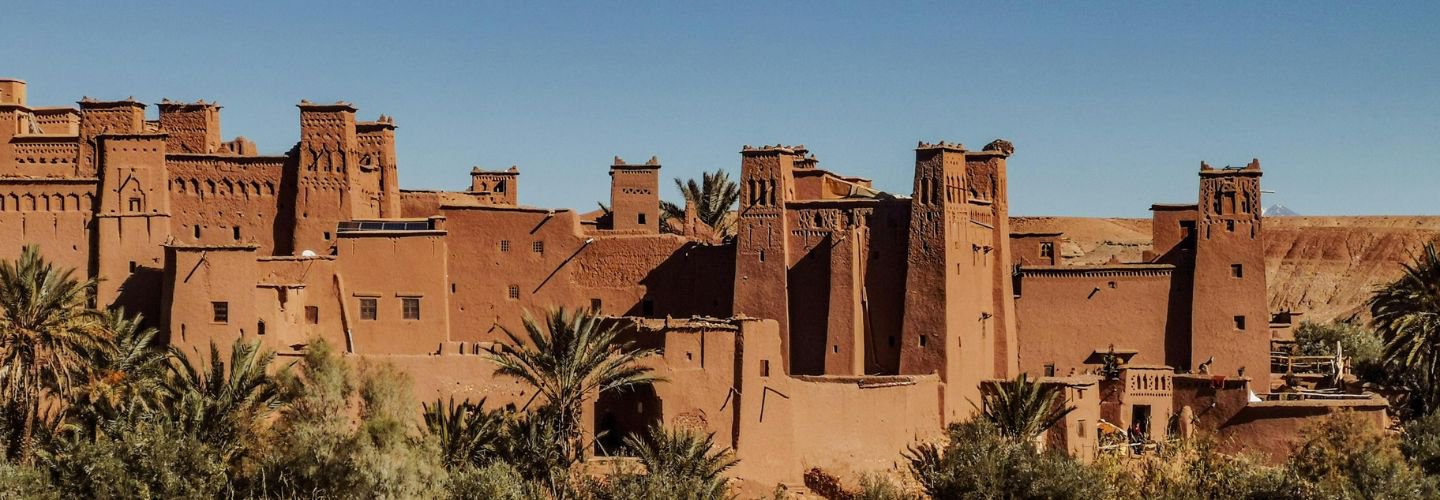
MOROCCO • STARTUP ECOSYSTEM
Seedstars Global
November 12, 2025
Morocco’s startup ecosystem is finding its rhythm. After a quiet 2023, founders and investors regained momentum. Startups in the country raised around 70 million USD across 40 deals in 2024 - almost double the previous year, according to Africa: The Big Deal.
That performance placed Morocco among Africa’s top six tech markets, and one of the few that grew while others slowed.
Rather than chasing trends, Morocco’s entrepreneurs are building steady, practical businesses in areas such as travel, finance, and logistics - sectors deeply tied to the country’s economy.
Capital is returning to the market, but investors are more selective. A few companies secured large rounds, while early-stage deals stayed active. This mix points to a maturing ecosystem where founders are working toward profitability and sustainable growth.
The government has also stepped up support. The Digital Morocco 2030 strategy commits about 1.1 billion dollars to foster 3,000 startups, create 240,000 digital jobs, and expand broadband infrastructure (Ministry of Digital Transition). The plan positions digital entrepreneurship as a pillar of Morocco’s long-term economic strategy.
Travel technology dominated 2024. Nuitée, a B2B travel-infrastructure startup, raised 48 million dollars in Series A funding led by Accel (Accel). The company’s platform connects hotels, agencies, and online distributors through a single API, a practical product solving global coordination challenges from Casablanca.
Beyond that, fintech remained the busiest sector by deal count, as startups modernize payment systems and small-business finance. Logistics and agritech also drew strong interest, supported by Morocco’s position as a regional trade and agricultural hub.
Despite healthy early-stage activity, founders face a gap when raising five- to ten-million-dollar Series A and B rounds. Local investors cover pre-seed and seed funding, but few can lead larger growth stages. This forces promising startups to seek international capital just when they’re ready to expand regionally.
The Mohammed VI Investment Fund and new government-backed initiatives aim to close this gap, while development institutions like the European Bank for Reconstruction and Development (EBRD) are helping strengthen the pipeline. Through the Star Venture programme, the EBRD has provided mentoring, investor connections, and strategic support to selected Moroccan startups, helping them prepare for sustainable expansion and global partnerships (EBRD Star Venture).
Founders still point to administrative bottlenecks, foreign-payment restrictions, and hiring challenges as recurring obstacles. Initiatives under Digital Morocco 2030 are working to simplify procedures and improve digital literacy across regions. The goal is to create an environment where entrepreneurs can scale within Morocco rather than relocate for better access to capital and infrastructure.
According to the Global Entrepreneurship Monitor, around one in eight Moroccan adults is engaged in early-stage entrepreneurship — one of the highest rates in the region. Confidence is improving, though many still cite fear of failure as a barrier.
There is also a growing awareness of sustainability. Fewer founders in Morocco say they always account for social or environmental impact compared to peers in other emerging ecosystems. As climate resilience and responsible investment gain importance across Africa, this area represents a clear opportunity for differentiation.
Morocco has reached a turning point. The talent base is growing, investor interest is rising, and public programs are aligning around a single digital vision. The priority now is to bridge the growth-stage funding gap, ease regulatory friction, and encourage more success stories to scale from Morocco outward — not the other way around.
The foundations are already there. What happens next depends on how quickly the ecosystem can turn that steady progress into long-term, regional influence.